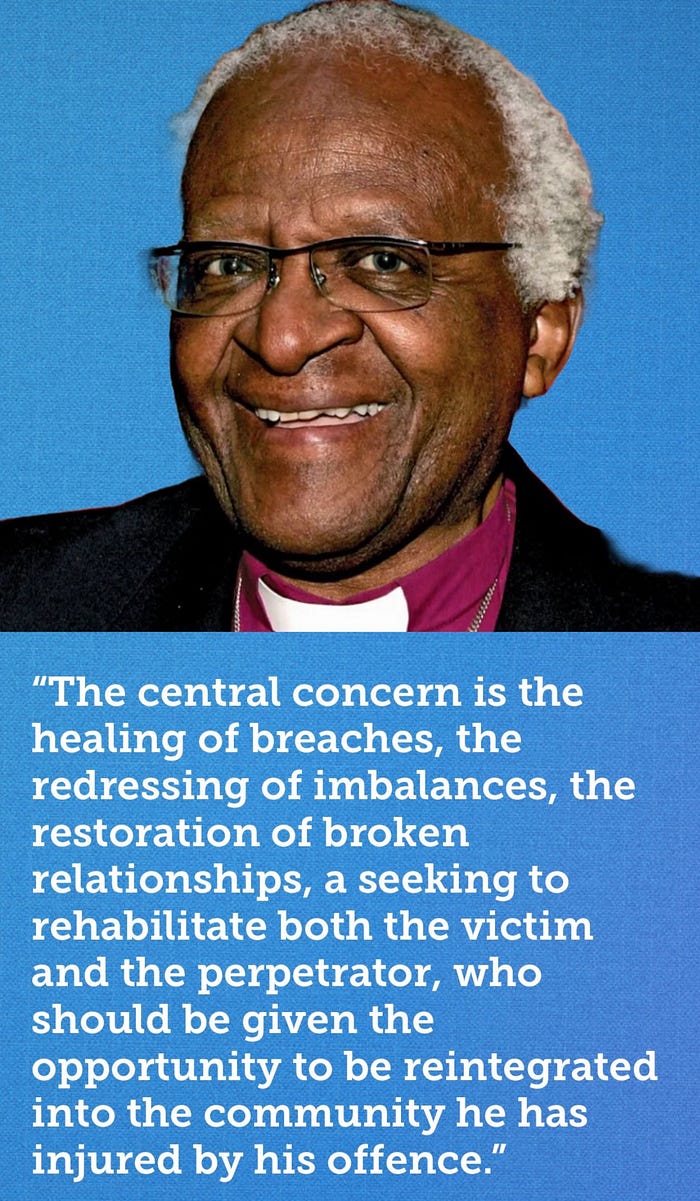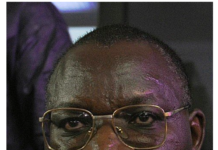By David Himbara

Today is a day to remember an extraordinary African and global icon. Bishop Desmond Tutu, known affectionately as ‘Arch’, left us to join his creator on December 26, 2021, but his legacy continues to inspire generations to come. The Arch had an enormous impact on me and my views about religion – but that is a topic for another day. His unwavering commitment to moral justice and inclusiveness are just a few of the qualities that made him a global citizen. And let’s not forget his audacity and sheer human decency – they set him apart as a true icon of our time. Desmond Tutu is dearly missed, but his spirit will live on forever.
Tutu, the South African legend who fought against apartheid, was not content with just one battle. He took on even bigger challenges – creating a forgiving world and saving the planet from climate change. In the case of forgiveness, Tutu cited Jesus. When Peter asked Jesus if he should forgive someone who sinned against him up to seven times. Jesus said no. Instead, you must be prepared for effectively unlimited forgiveness. In Tutu’s own words, forgiving and “true reconciliation exposes the awfulness, the abuse, the pain, the degradation, and the truth.” Dealing with the real situation helps to bring real healing:
“The central concern is the healing of breaches, the redressing of imbalances, the restoration of broken relationships, a seeking to rehabilitate both the victim and the perpetrator, who should be given the opportunity to be reintegrated into the community he has injured by his offence.”
Fittingly, Tutu led the Truth and Reconciliation Commission (TRC), established by the new South African government to help heal the country. TRC’s purpose was to gather evidence about Apartheid-era human rights violations from both victims and perpetrators, thereby laying the foundation for reconciliation.
Regarding, climate Change, he explained his battle plan in these terms:
“We need an apartheid-style boycott to save the planet. We must stop climate change. And we can if we use the tactics that worked in South Africa against the worst carbon emitters.”
Tutu’s legacy lives on as many young people across the globe robustly fight climate change. Some notable individuals include Greta Thunberg from Sweden, Ilyess El Korbi in Ukraine, Dominique Palmer and Michaela Loach in the UK, Elizabeth Wathuti and Lesein Mutunkei in Kenya, Leah Namugerwa in Uganda, Fatou Jeng from Gambia, and John Paul Jose from India.
Desmond Tutu’s audacity and sheer human decency will never be forgotten – they set him apart as a true icon of our time. Desmond Tutu is dearly missed, but his spirit will live on forever.































































